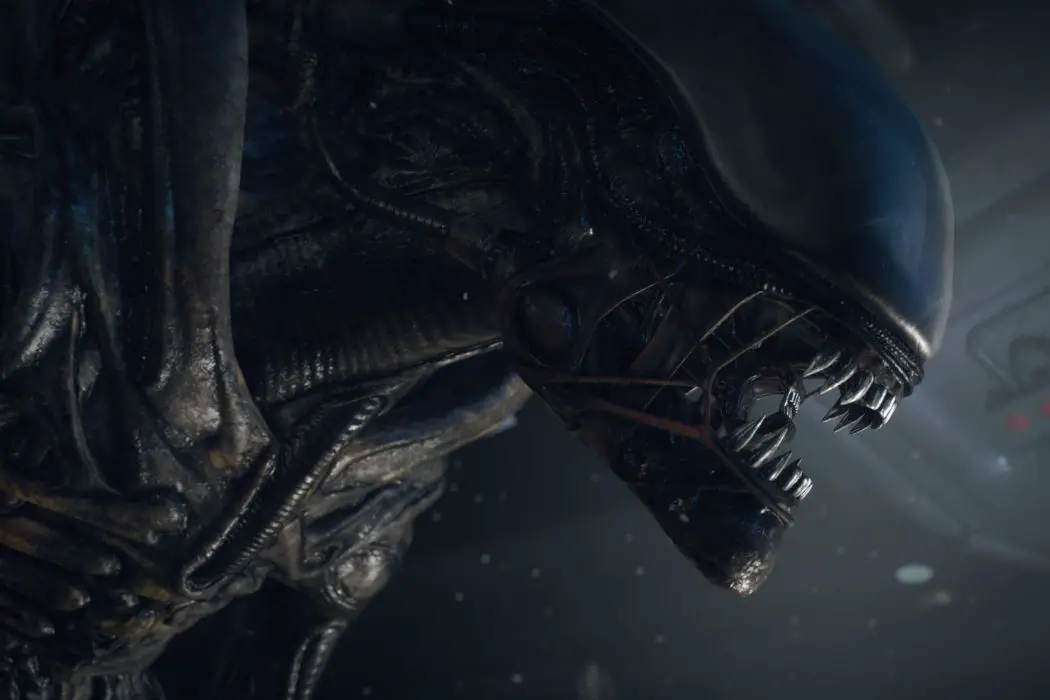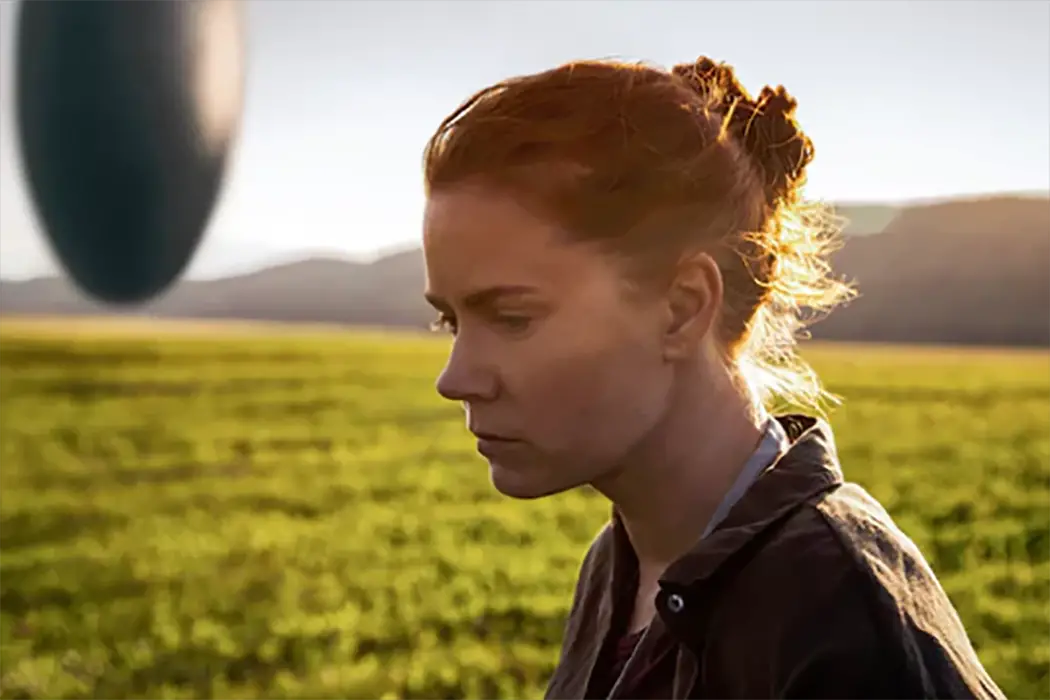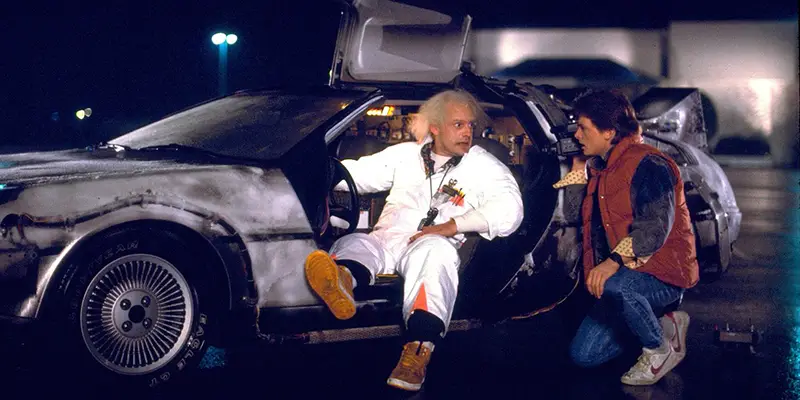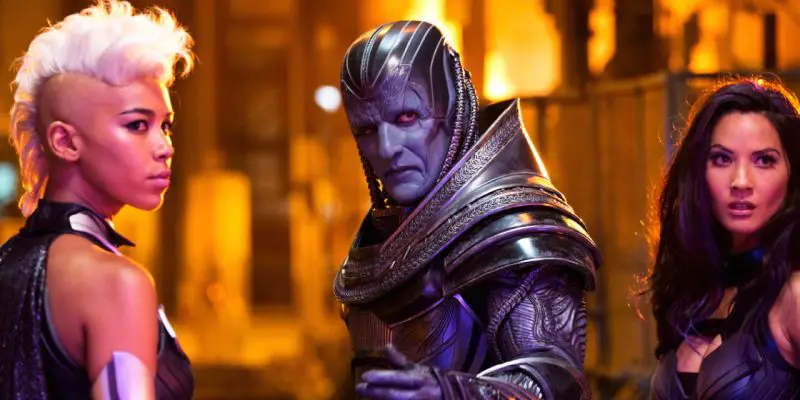science fiction

Made while studying at the Royal Welsh College of Music and Drama (in Cardiff, Wales) Charlie Gillette and Jack Archer’s film, These Things Never Last, is inspired by the all to scary political zeitgeist. While we have moved leaps and bounds in terms of rights and justice for people of both sexes, all races, and the widening range of sexualities and gender identifiers, a great pool of bigotry remains. This bigotry is cloaked in ideas about job security for our nations, concern over rising crime, and raised taxes.

The Godzilla franchise has had a long and storied history, dating back to the original motion picture of 1954 directed by Ishirō Honda. Produced and distributed by famed Japanese film studio Toho, the original feature has spawned multiple franchise sequels over the years, from both its country of origin and the United States. Starting with the 1956 Japanese-American remake of Honda’s original feature from only two years prior, Godzilla, King of the Monsters!
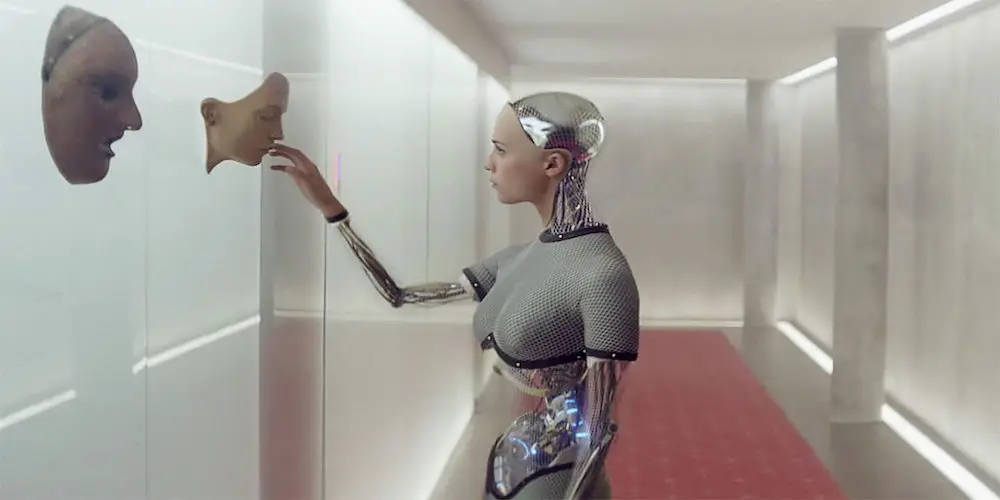
Attitudes about the male gaze have been present in science fiction cinema for years, especially relating to the identity of female robots. This includes the objectification of these characters and the loss of their autonomy, which reflects real life attitudes towards women. Many films have been made to show the dangers of viewing women as objects, yet we still see the male gaze in motion pictures every day.
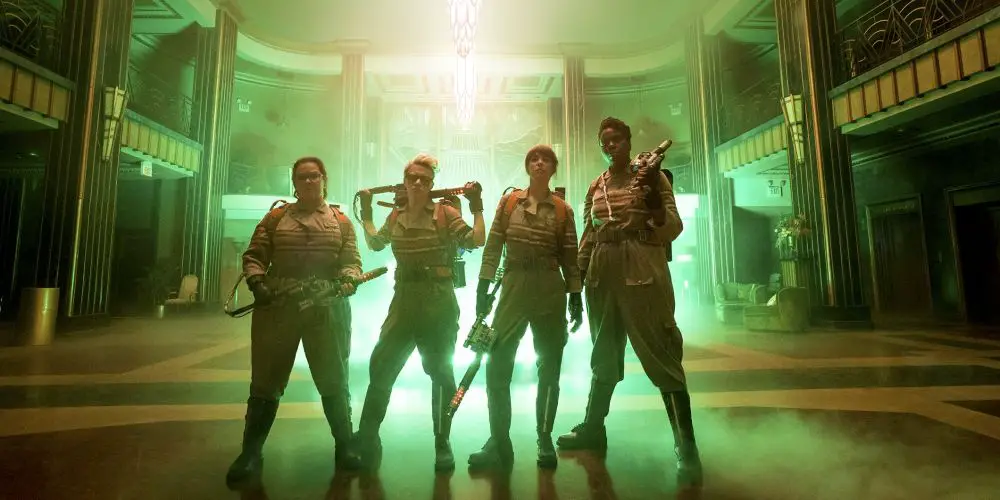
It would be to put it lightly that this film’s reputation preceeded it. After years of people theorising about another sequel to Ghostbusters (1984), naively deciding to overlook the fact that Bill Murray didn’t want to work with Harold Ramis again, and Ramis’ recent death, a new film was announced. The only problem was that noted comedy director Paul Feig was put in charge.
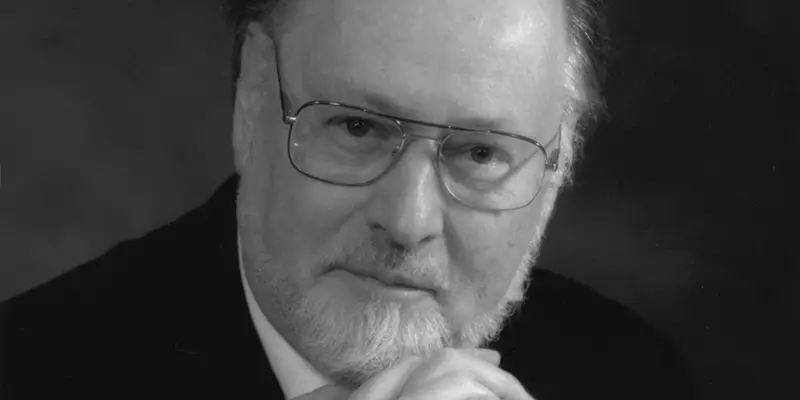
In all production tools of filmmaking, using sound effects is a fundamental factor in capturing a film’s escapist experience and the audience’s reactions. Although sound is not seen on-screen, it does play a crucial role in how films work, and in how it progresses narrative, develops characters and addresses significance. John Williams is an example of a composer whose work has established the importance of music within cinema, and how they play a fundamental role in the entire experience.
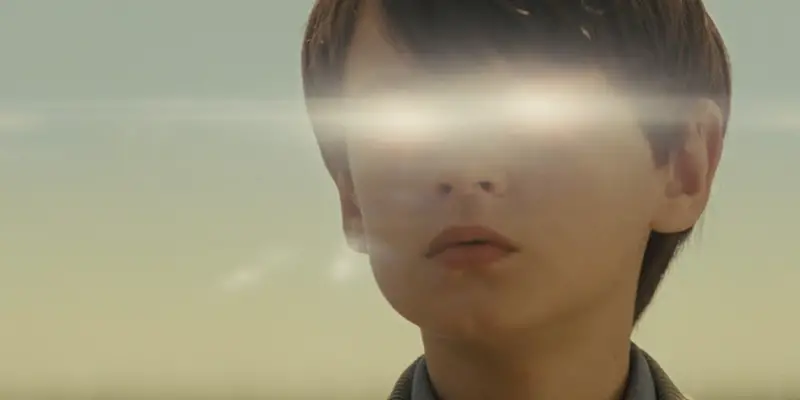
With only four movies to his name so far, and with features ranging in genre from coming-of-age dramas (Mud) to quasi-science fiction (Take Shelter), Jeff Nichols’ films have at least one thing in common (other than that they all star Michael Shannon): they are all intimate productions, both in style and in their focus on the tight-knit relationships around us. Often set in the American South where Nichols himself grew up, his films deal with familial struggles and upsets in usually uneventful communities.

Action cinema is a pain to bring to light. Let’s be clear that every film is difficult to make and they all have inherent problems, ranging from little to gigantic nuances. But action takes the cake when it comes to painstakingly long hours and the mundane repetition that is required to capture the choreography of a scene just right.
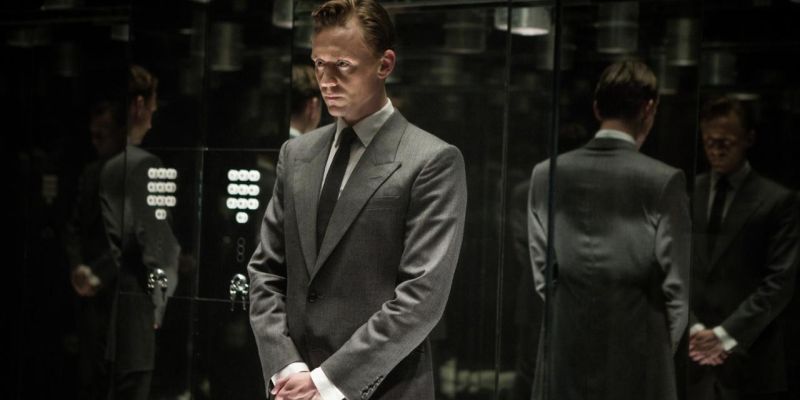
There are few novels considered “unfilmable” that haven’t been translated to the big screen. High-Rise, director Ben Wheatley’s adaptation of J.G Ballard’s cult 1975 sci-fi novel, is the rare movie adaptation that doesn’t feel like it has been adapted, so peculiar and distinctive to the director is the increasing foregoing of narrative in favour of societally depraved surrealism.

With technology rapidly advancing as the solution to even the most basic human tasks, director Ariel Martin’s sci-fi short The iMom takes “what if” to a chillingly stark place. Modern Parenting Set in a not-too-distant future, robotics has evolved to the point of public consumption. Realistic in both appearance and reaction, the affordable iMom (Matilda Brown) is the latest innovation in aiding new parents with the daunting task of child rearing.
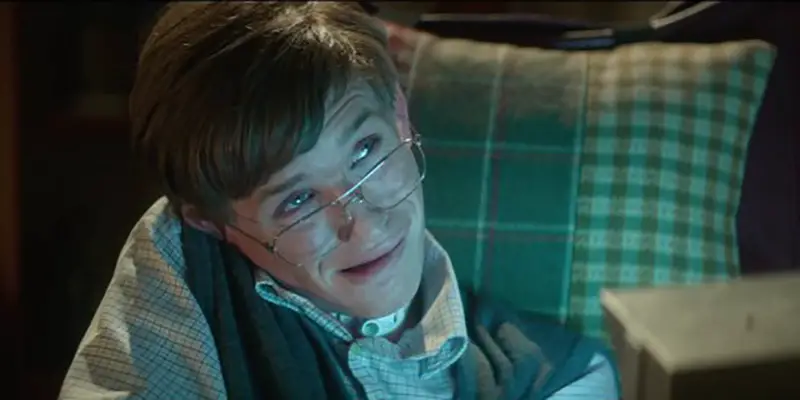
Like all social groups, people with disability have been portrayed in diverse ways in Hollywood, from stereotypical representations in horror to genuine inspirations in melodramas. Disability is represented as a metaphor through imagery or characters’ features, or as a direct subject within the narrative. The entire concept of genre is recycled from elements within society, and the relevant features of each specifically labels the disabled into a certain character type.



